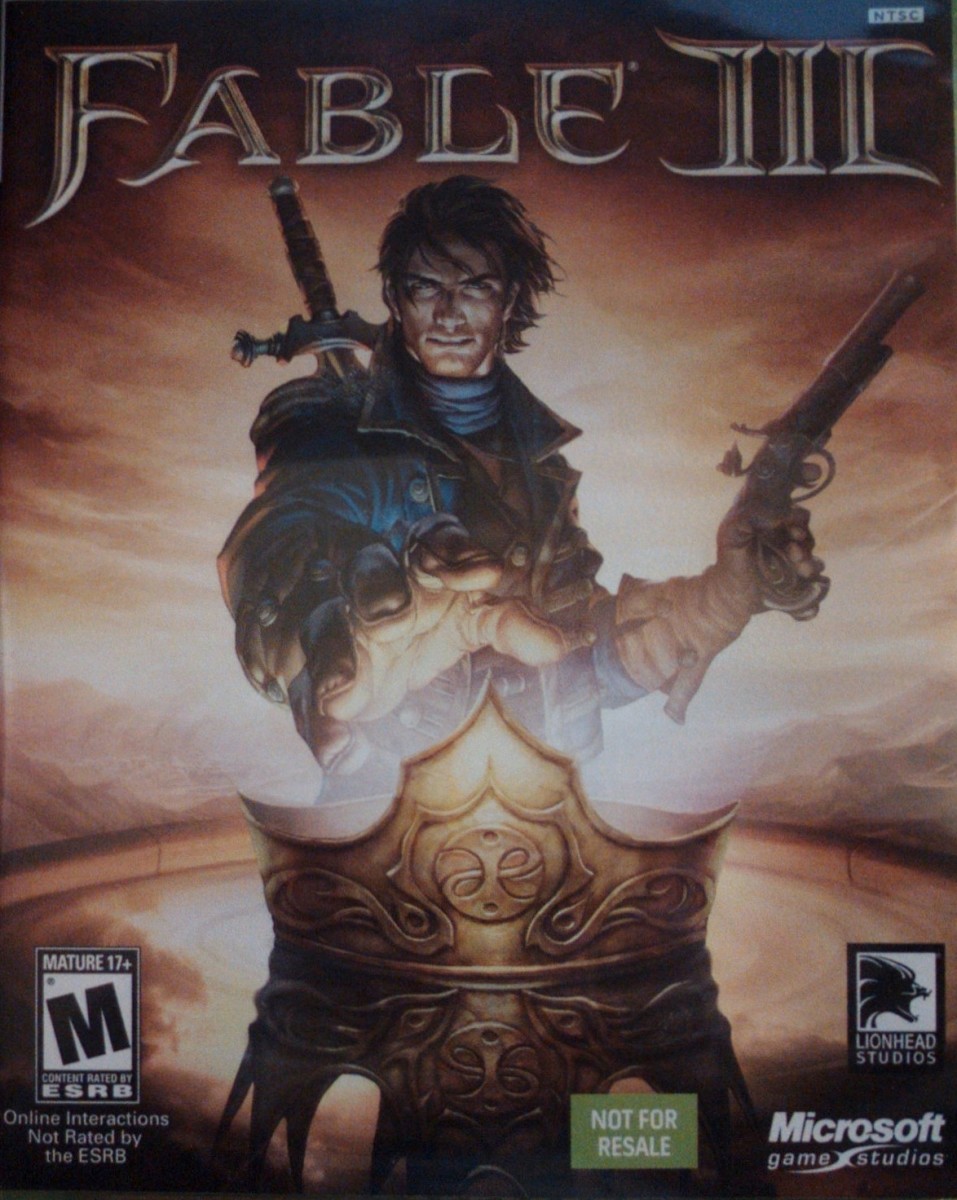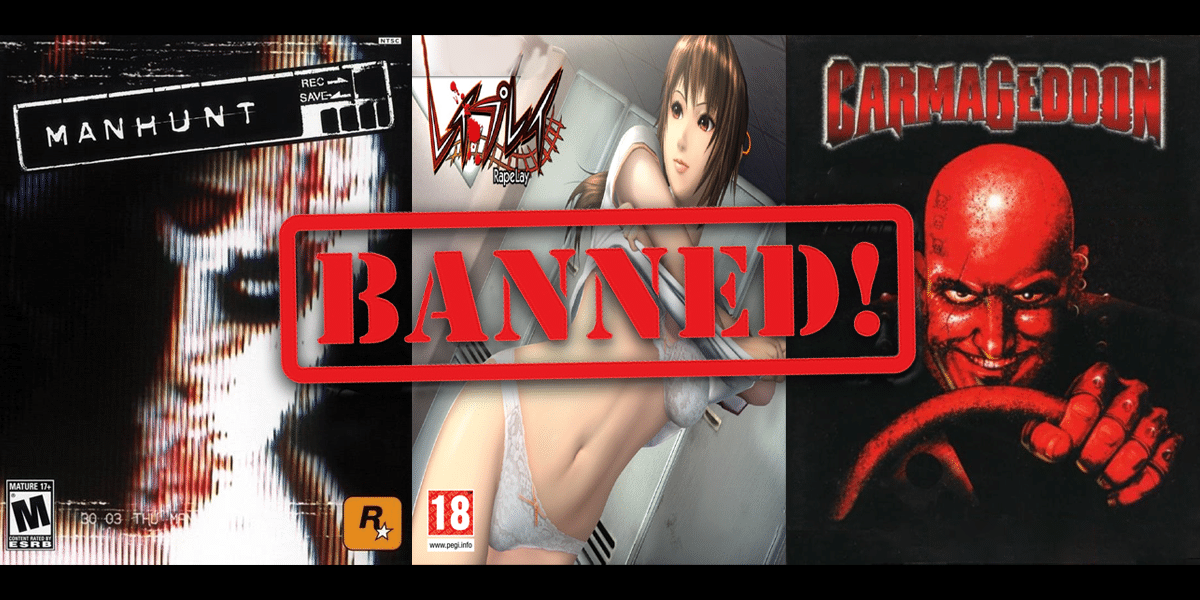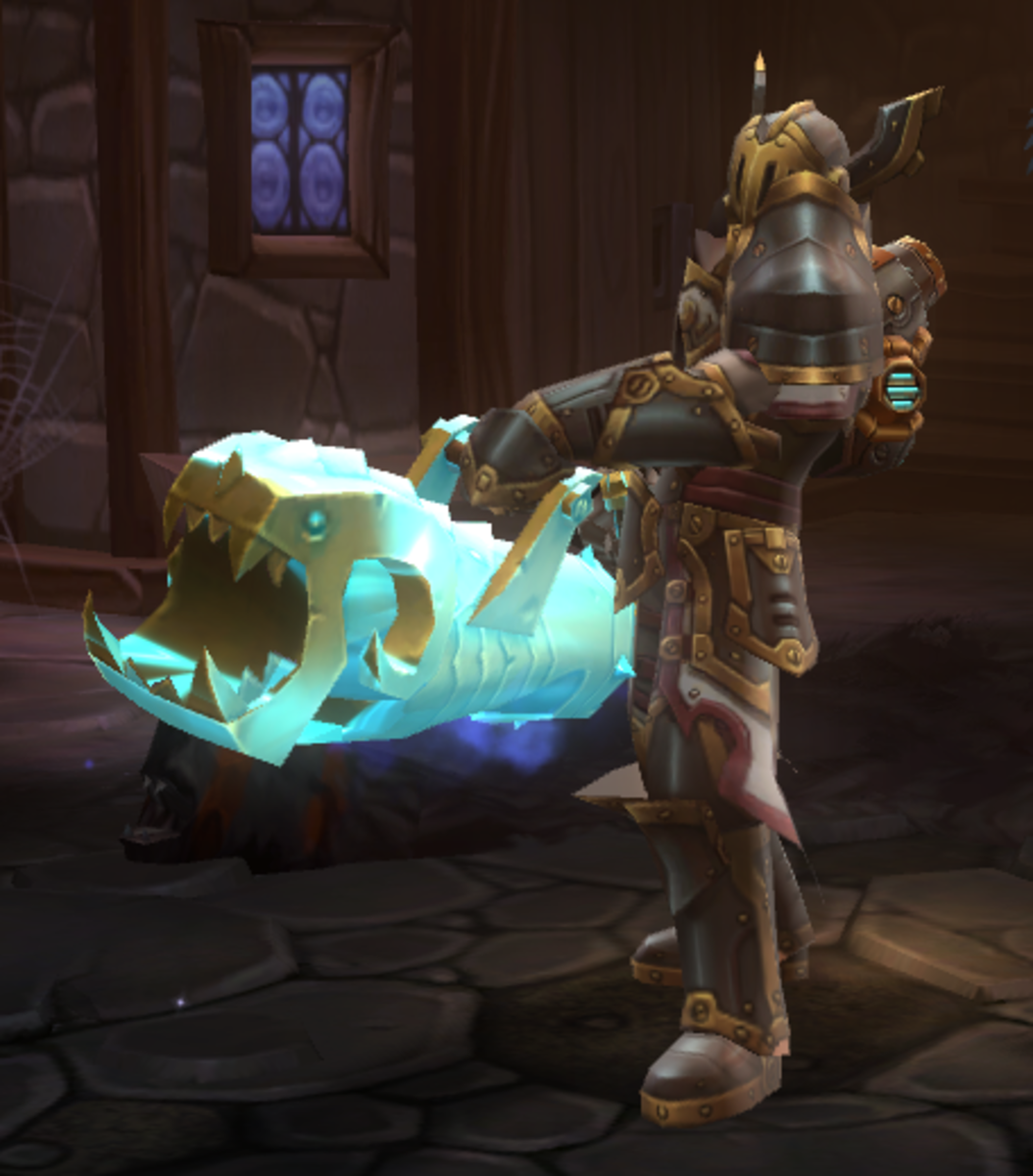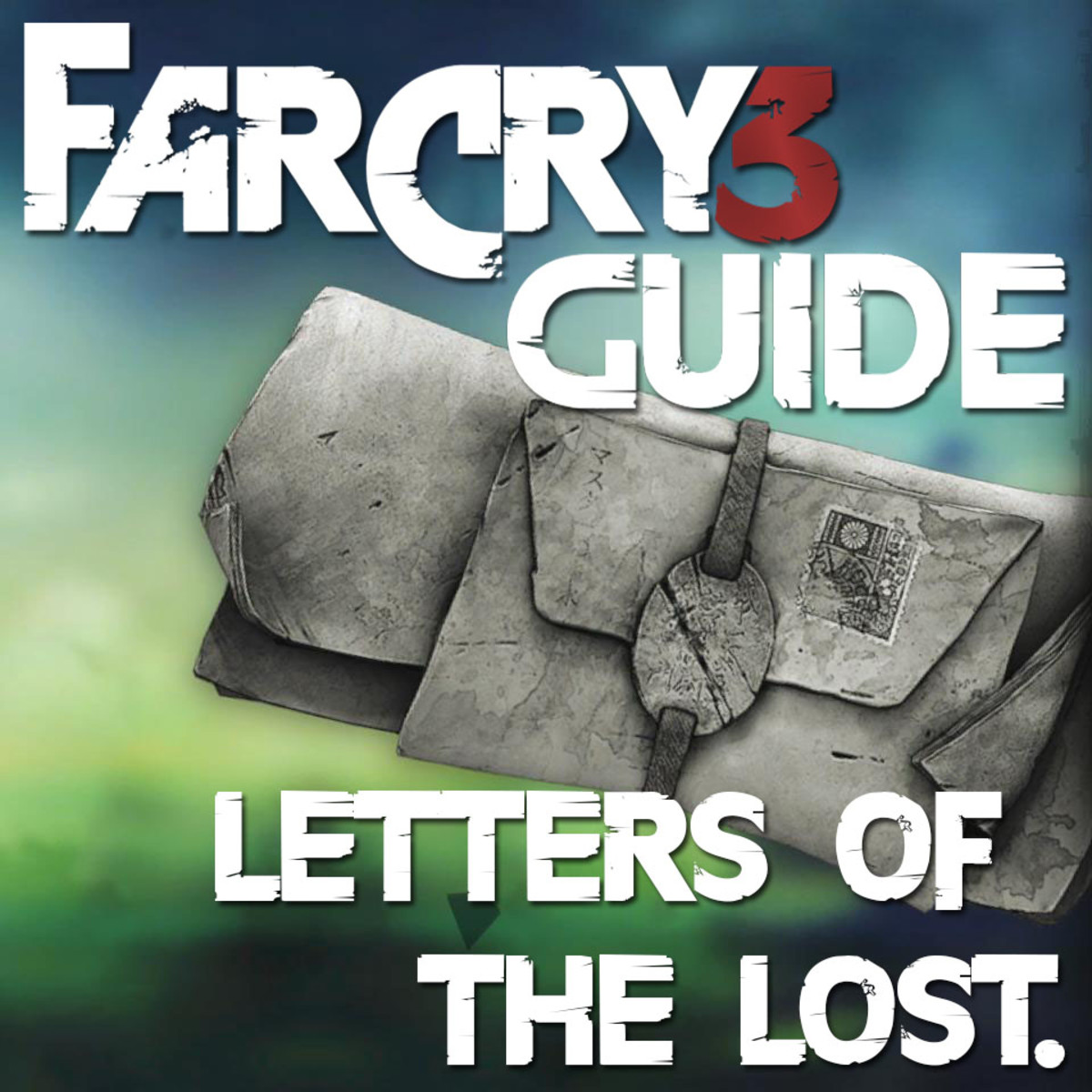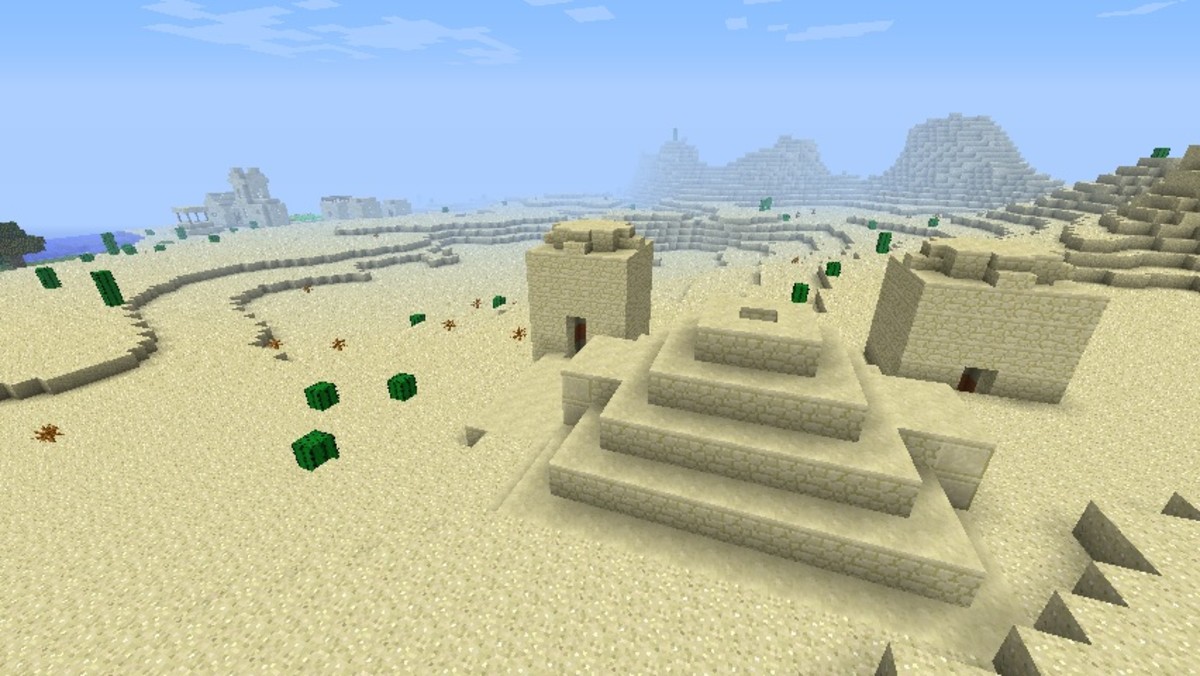How to Make Video Games, Part 2: The Visionary
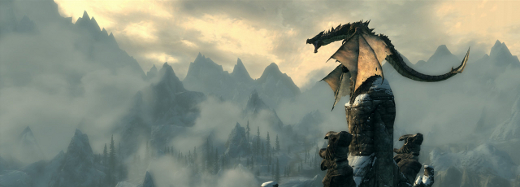
In the first hub, I talked about the different personality types that tend to get into video game design and compared them to character classes, a concept used in RPGs, online multi-player, and strategy games. In this hub, I'm going to extend the metaphor a bit by showing how one of these personality types, the Visionary, can profit from having a well defined skill tree, or path.
Multiclasses
Note: I don't want you to think of these career paths as being carved in stone. In an ideal world, you would have time to explore all of the options presented by each class and squeeze each them for all they're worth. Every one of these ideas is useful in some way or other to your goal of making a great game and having a career in game design. If you know your class, following the suggestions in that class's skill tree will probably come naturally to you, but feel free to borrow ideas from the other classes as you see fit. These skill trees are simply meant as a guideline to give you some ideas.
The Visionary's Path
Visionaries have one of the most unpredictable but also one of the most interesting skill paths. Visionaries do not typically start out with strong core game development skills (programming and computer graphics, like modeling, animation, and texture art). They tend to come more from the artistic side than the technical side which isn't a bad thing, it just means they tend to have a steeper learning curve and require a longer time to mature.
If you're a Visionary, you're going to want to take a two-pronged approach to your development: improve your core skill, the one you bring to the table, whether that's writing, design, art, music or whatever; and start learning as much as you can about the core game design skills, programming, modeling, texturing, and animation. Although concepts, writing, art, and music are all very important to a finished game, programming and CG are the core skills for a reason. You can make a game without good concepts, strong writing, striking visuals, or engaging music but without programming and CG you can't make a game at all. You might have a music video, movie, or graphic novel, but it won't be a game. That's why programming and CG skills are the core skills and the others are peripheral skills.
An 'Ideas Man' is Often a 'Dead Man' in the Game Community
You might be tempted to think that you can make a game without knowing anything about programming or CG by attracting other people to handle that aspect of the game for you. Don't kid yourself. While it is possible to work in game industry without possessing these skills, you're going to have a much, much easier time attracting collaborators and finding employers if you demonstrate a willingness to roll up your shirt sleeves and get your hands dirty.
Most people in the mod and indie game communities loathe 'idea men' who think that having a good idea is somehow sufficient, unique and worthy of attention. It isn't. Every single gamer alive has great ideas, and probably more than they have time to develop in a single lifetime. What matters is your ability to implement your ideas.
And the sad truth is, when you're first starting out, you will have to do most, if not all, of the work yourself. You might be lucky enough to have friends who are willing to help you spitball ideas, but people are notoriously flaky when it comes to doing actual work, so don't be surprised if your friends suddenly disappear when it comes time to start putting your ideas into practice. There are ways to compensate for your areas of deficiency in the beginning, but there is no substitute for hard work and a willingness to do whatever it takes to get the job done.
Knowing is Half the Battle
If this little sermon hasn't completely deterred you, let me assure you that you don't have to be an expert coder or CG artist to get the ball rolling. Your models might have terrible topology, your normal maps might look like they're made of lumpy plastic, and your AI might not be able to find its way out of a shoebox but having something to show people is better than not having anything at all. If nothing else, it shows others that you care about your idea and that you're willing to work hard. As the amount and quality of your content improves, you will find that your concept draws the attention of more and more people. (We'll talk about where to showcase your work later.) Eventually, you will probably find people who want to help you. At this point, you have something that other people feel is worth pursuing.
Learning how to program, texture, or model isn't done for your own benefit, of course, like eating vegetables, or to help you attract interest in your concept, though both are worthwhile objectives. The main reason why you want to get involved in these activities is because until you do you don't really know how to design games. You will learn more about game design by wrestling with programming challenges and asset creation than you will spending a hundred thousand hours on the forums talking about why a game sucks or why it schools all other games. Later on in development, when you find yourself working with other people, you want to know what your programmer is talking about when he brings up missing dependencies and linker errors and what your 3D artist is talking about when she tells you that the new texture artist doesn't know how to use a specular map. Trust me: if you can't have intelligent conversations about these things, your game is not going to make very much progress. It's in your interest as a designer to learn as much about these things as you can.
Level Editors vs. Game Engines
Note: I'm making a distinction here between a level editor that is tightly coupled to a specific game engine and a full-fledged game engine which does, in fact, allow you to charge for your game in exchange for a licensing fee and/or cut of the profits. Game engines typically have very robust scripting capabilities that allow you to make virtually any type of game for that platform; level editors typically only allow you to make variations on the game it was designed for. I'll illustrate the difference with an example.
The G.E.C.K., or Garden of Eden Creation Kit, is a level editor that allows you to make new levels for Fallout 3 and Fallout: New Vegas. The UDK, or Unreal Development Kit, is a game engine which allows you to make virtually any game you can imagine using the same engine that powers Gears of War. You can't charge money for mods that you make using the G.E.C.K., but it is very easy to make them. You *can* charge for games you make using the UDK in exchange for a share of the profits, but it is very difficult to create full, retail-quality games. If you know absolutely nothing about making games, your best bet is to start with a level editor and make a few mods. Once you have a general understanding of the process, you will be in a much better position to learn how to use a full game engine.
Worldbuilding
The easiest way to start learning these core skills is to find a game that you like that allows you to make modifications and start making mods. (You generally have to own a copy of the game to use the editor.) If you don't know what a mod is, a mod is a file or collection of files that allow you to change (modify) a released game. One of the simplest types of mods to make is a custom level and there are plenty of PC games that come with a tool called a level editor or world editor. These tools are often the tool (or a stripped down version of the tool) that the developers used to create the levels that you see in the game. Although it is easy to make a simple level, level design is actually a fairly hard skill to master and it will teach you about all sorts of things: environmental design, lighting, scripting, optimization, gameplay, project building, and testing, among others. Depending on the tool that you use, you may also learn a lot about 3d modeling and texturing.
Of course, different editors have different strengths and weaknesses, so it is important to shop around for the tool that best fits the kind of game that you want to make. Level editors do have some important restrictions: for licensing reasons, they do not typically allow you to build a real (for-profit) game and charge money for it; additionally, most don't give you any low-level access to the source code which limits your ability to change the gameplay, though you can usually do a lot of interesting stuff with scripting. What they will do is teach you A LOT about game design. Once you've completed a couple of levels, it is usually fairly easy to attract others to your cause and start building a good team.
The Visionary's Skill Tree
Once you have a good mod or two under your belt and you've attracted a few like-minded, dedicated collaborators, you can expand on your skill base by trying something a little more ambitious. Modding is a great way to prototype game concepts, and it's not unusual for a mod to mutate into a standalone game over time.
Your skill path, then, might look something like this:
- Make a level in a level editor or world editor for a game that you like.
- Release that level so that other people can enjoy your work and provide feedback.
- Using that feedback, turn that level into a mod: several levels with a story to connect them. Try to connect this mod to a concept you are passionate about. Not only will your passion show in your work, it's a great way to begin play-testing your concept to see if it works in practice. If you are a writer, make sure you have a good story to direct the action in your mod. If you're an artist, release your concept art. If you're a musician, create some original music for it.
- Release your mod so that other people can enjoy your work and provide feedback. At this point, you will probably start attracting attention from other modders who would like to assist you in expanding on your mod. Managing a mod team is an art all on its own, so don't be discouraged if your early attempts at coordinating people and staying on track go wildly wrong. Consider it a learning experience and move on.
- Using that feedback and the assistance of other modders, turn that level into a total conversion: a large mod comparable in length and scope to a retail game with a compelling story, custom art assets, and original gameplay features provided via scripting. By this point, you will definitely need the assistance of other people. If you have a successful, finished mod under your belt, it's not usually very hard to recruit people. Having something to show them will demonstrate your skill and determination.
- Release your total conversion so that other people can enjoy your work and provide feedback. By this point, you'll probably be fairly well-known in the community and you can use the experience you've gained working on the mod to start networking with professionals in the game industry. Don't forget to include your contributions on your resume and in your demo reel if you have one.
- Using the feedback you've gained from your total conversion, turn that TC into a full, standalone game using a game engine like UDK or Unity, or by designing a custom game engine from scratch (if you have very talented programmers).
As you were reading this, you probably noticed that game development follows a very iterative path. Making mods is very similar to making games, which is why it's a great way to gain experience and get your foot in the door. Many developers who are professionals in the industry got their start this way: taking a concept and evolving it through successive iterations until it become a full-fledged game. You can read about some of the games that have taken this route here: The Top 10 Mods of All Time.
Popular Level Editors and World Editors
- Hammer Editor for Half-life 2. The editor is available through Steam when you purchase the game.
- The G.E.C.K. for Fallout 3 and Fallout: New Vegas.
- Construction Set for Oblivion (under extras, get v1.2.404).
- A more complete list of editors can be found here: Wikipedia: Level Editors. Remember, you need to own the game to use the editor.
Popular Game Engines
These are powerful, robust game engines that allow you to make complete, standalone games. All of them have licensing options for indie game designers.
- UDK (Unreal Development Kit). Gears of War, Deus Ex, and Bioshock are just some of the amazing games built using this engine.
- CryENGINE 3 Crysis 2 was built using this engine.
- Unity Unity was designed specifically as a game engine (not to build a specific game) so, while it is not as well known as the others, it is powerful and easy to use.


